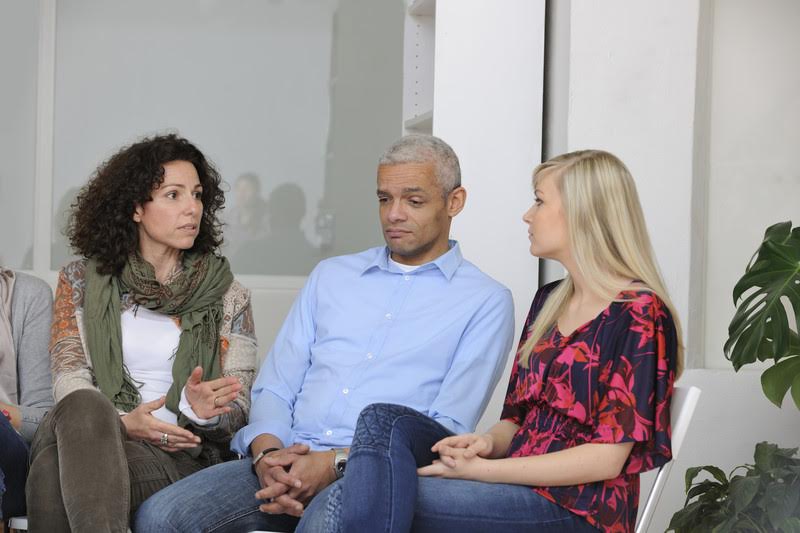
For the millions of people who suffer from chronic pain, often there are times when they
just want someone to listen. Or perhaps they want to know they are not alone. Many
people with chronic pain suffer in silence, wondering if there are others who experience
what they are going through physically and emotionally. Chronic pain support groups
can help.
According to May 2016 issue of the British Journal of Health Psychology, the social
support and associated friendships are attractive to those who are in chronic pain
support groups. Those who attend these groups tend to like the fact that they come in
contact with those who experience some of the same things, and it also helps them
nurture self-care (1).
By attending the support groups, people are often able to meet others who can validate
their feelings and experiences and who understand what they are going through. The
friendships they build by attending the meetings give people social support, helping
them to feel more connected and cared about. Support groups that are well-run can
help give people an additional way to manage their chronic pain, because they can
learn coping skills, share ideas about pain management, and also share some life skills.
It is important to note that the study also found that most people feel intimidated about
attending their first support group meeting. They don’t know what to expect and may
feel uncomfortable joining a group that is already meeting. However, they report that
after the first initial meeting is behind them, people usually feel comfortable and begin to
form friendships with those who attend. This is good to know so that if someone you
know fears attending, whether a loved one or patient, you just need to help them get
past that initial meeting and they will usually be more comfortable and enjoy attending.
With the peer support and social comparison opportunities that exist at chronic pain
support groups, it’s a good idea for people to try attending them a few times. After a few
meetings, they will know if they will get something out of it to help make their attendance
worthwhile. To find a support group in your area, ask your doctor for a referral, search
online for them, and if you can’t find one then start your own. Chances are, there are
others in your area who can benefit from the shared experience as well.
Source:
1. Br J Health Psychol. 2016 May 27. doi: 10.1111/bjhp.12194.
http://www.ncbi.nlm.nih.gov/pubmed/27230704







